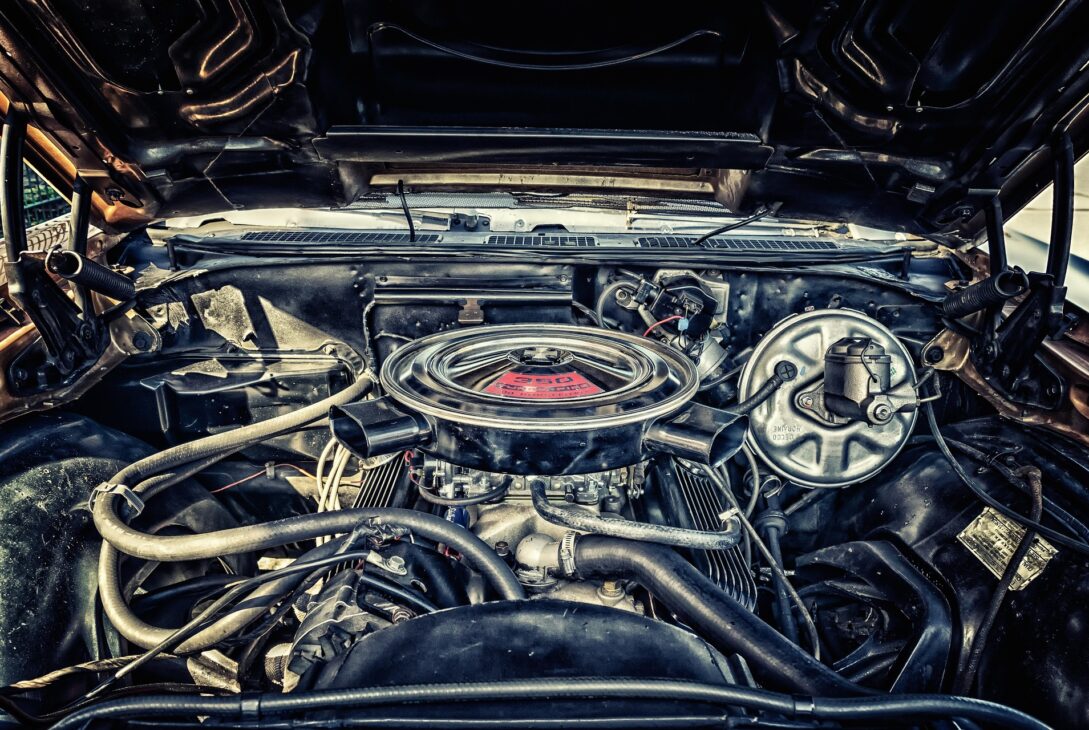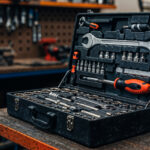Your car’s engine is its beating heart. Just like you can’t function well without proper care, your car won’t either. And let’s face it—engine repairs or replacements can be painfully expensive. The good news is that keeping your engine healthy is not that complicated.
Whether you’re driving your daily commute car, a weekend sports machine, or a well-loved JDM classic, here are some simple but powerful ways to help your engine last longer and perform better.
1. Change Your Oil Regularly
Oil is the lifeblood of your engine. It reduces friction, cools the engine, and helps everything run smoothly. Over time, oil gets dirty and less effective, which puts stress on engine parts.
What you should do:
Stick to the recommended oil change intervals in your owner’s manual (usually every 3,000 to 7,000 miles). Use high-quality oil and never forget to change the oil filter with every oil change.
Extra tip: Check your oil level monthly, even if there’s no warning light on your dashboard.
2. Keep the Air Filter Clean
Your engine needs air to mix with fuel and produce power. A dirty air filter restricts airflow, reduces performance, and lowers fuel economy.
What you should do:
Inspect your air filter every 10,000 to 15,000 miles. Replace it if it looks dirty or clogged. If you’re into performance upgrades, a high-flow air filter could give you a slight boost too.
A clean filter can also help your car accelerate more smoothly.
3. Take Care of Your Cooling System
Your engine gets very hot while running. Without proper cooling, it can overheat and cause serious damage. The coolant keeps your engine temperature stable.
What you should do:
Check your coolant level at least once a month. Top it up if it’s low and flush the system every two to three years. Also, inspect hoses and the radiator for any signs of leaks or damage.
Warning signs of cooling issues include a rising temperature gauge, a sweet smell near the engine, or visible coolant leaks.
4. Keep Your Battery in Good Condition
While it’s not part of the engine itself, your battery powers essential components that help start and run your engine. A weak battery can cause starting issues and extra strain on the system.
What you should do:
Clean the battery terminals, check for corrosion, and test the voltage every few months. Batteries typically last between three and five years, so plan for timely replacement.
Cold weather especially can drain battery life faster, so check it more often in winter.
5. Clean Your Engine Bay
Keeping the engine bay clean helps you spot problems early—like leaks, cracks, or worn belts. It also keeps dirt from affecting electrical parts.
What you should do:
Use a soft cloth and an engine-safe cleaner. Avoid spraying water directly, especially on sensitive parts like the alternator, battery, and air intake. Cover them before cleaning if necessary.
Regular cleaning not only helps with spotting issues but also prevents heat buildup caused by dust and grime.
6. Use Quality Fuel
Cheap or low-grade fuel may seem like a money-saver, but it can lead to carbon deposits and poor engine performance over time.
What you should do:
Use the fuel grade recommended by your manufacturer. Occasionally use fuel system cleaner or higher-octane gas to clean out internal components. And try not to run your tank too low, as it can pull dirt and moisture into the fuel system.
Better fuel equals smoother combustion and longer-lasting engine parts.
7. Pay Attention to How Your Engine Feels
If your engine doesn’t sound or feel right, it’s probably trying to tell you something.
What you should do:
Notice how your car starts, idles, and accelerates. Unusual sounds, vibrations, or sluggishness are early signs of a problem. Don’t ignore warning lights—use a diagnostic tool or visit a mechanic to check what’s wrong.
Fixing small problems early prevents major breakdowns later.
8. Stick to a Maintenance Schedule
Regular maintenance is the secret to long-lasting engine performance. Think of it as routine check-ups for your car.
What you should do:
Create a checklist or use a mobile app to keep track of when to change oil, filters, coolant, spark plugs, belts, and fluids. Your owner’s manual is your best guide.
Consistency saves money and extends your engine’s lifespan.
Final Thoughts: Take Care of It, and It’ll Take Care of You
Maintaining your engine doesn’t require expert-level skills or expensive tools. A little attention, regular care, and a proactive mindset go a long way. When your engine runs well, your entire car feels better—and so does your driving experience.
So don’t wait until something goes wrong. Treat your engine with respect, and it’ll reward you with years of reliable, smooth, and powerful performance










